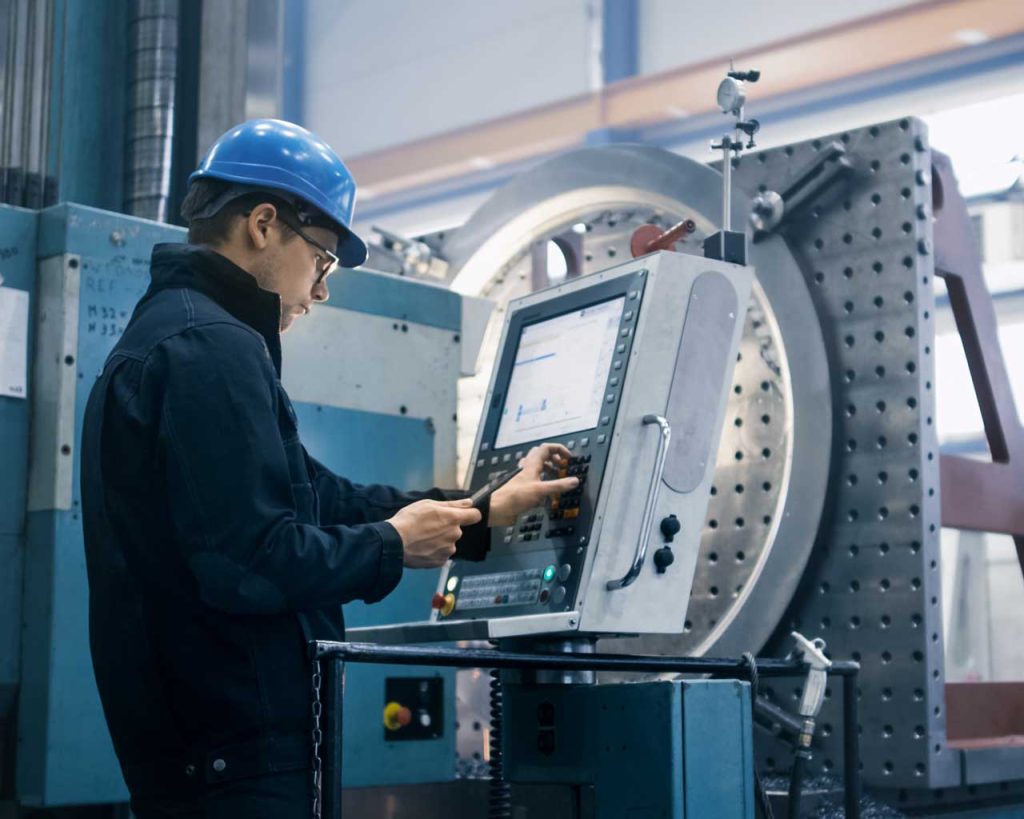In today’s fast-paced manufacturing world, staying competitive demands constant innovation and improvement. One of the most effective ways to achieve this is by integrating cutting-edge CNC Computer Numerical Control technology into production processes. CNC technology revolutionizes how parts and products are fabricated, offering precision, efficiency, and flexibility. The integration of CNC machines into operations enables manufacturers to increase their productivity by automating complex tasks that were once time-consuming and labor-intensive. With advanced CNC systems, manufacturers can produce high-quality, consistent results with minimal human intervention. These machines operate based on pre-programmed instructions, which significantly reduce the risk of errors that are common with manual machining. By eliminating human error, manufacturers can ensure that every product meets the required specifications without the need for frequent rework, thus enhancing operational efficiency. Moreover, CNC technology offers significant time savings, a crucial factor in boosting productivity.

Traditional manual processes involve many stages, including measuring, adjusting, and recalibrating machines, all of which take up considerable time. With CNC, these tasks are automated, and machine setups are quick and precise, minimizing downtime between production runs. This not only speeds up the production process but also maximizes machine utilization, ensuring that the equipment is constantly operating at peak efficiency. The ability to switch between different production runs with ease further enhances flexibility, enabling manufacturers to cater to a wider range of customer demands without compromising on production speed. Modern CNC machines are equipped with multi-axis capabilities that allow them to perform intricate cuts and shapes that were once difficult or impossible to achieve with traditional machines. This level of precision and complexity makes CNC technology indispensable in industries like aerospace, automotive, medical device manufacturing, and electronics, where tight tolerances and high-quality standards are critical.
Additionally, CNC machines can run continuously, even during non-business hours, through the use of automation and smart technology. This capability ensures that manufacturers can meet tight deadlines and high order volumes without the need for overtime labor, further boosting overall productivity. Furthermore, CNC technology providers have evolved to include advanced features such as real-time monitoring and diagnostics. Predictive maintenance features can anticipate wear and tear on components, enabling proactive repairs and preventing costly downtime. This level of monitoring helps keep production lines running smoothly, reducing the likelihood of interruptions and maximizing throughput. Lastly, as the technology continues to advance, CNC solutions are becoming increasingly accessible. The growing availability of affordable CNC machines, combined with enhanced software and user-friendly interfaces, makes it easier for manufacturers of all sizes to adopt these technologies. This democratization of CNC technology means that smaller manufacturers can now compete with larger players in the market, leveling the playing field and further driving innovation across industries.
